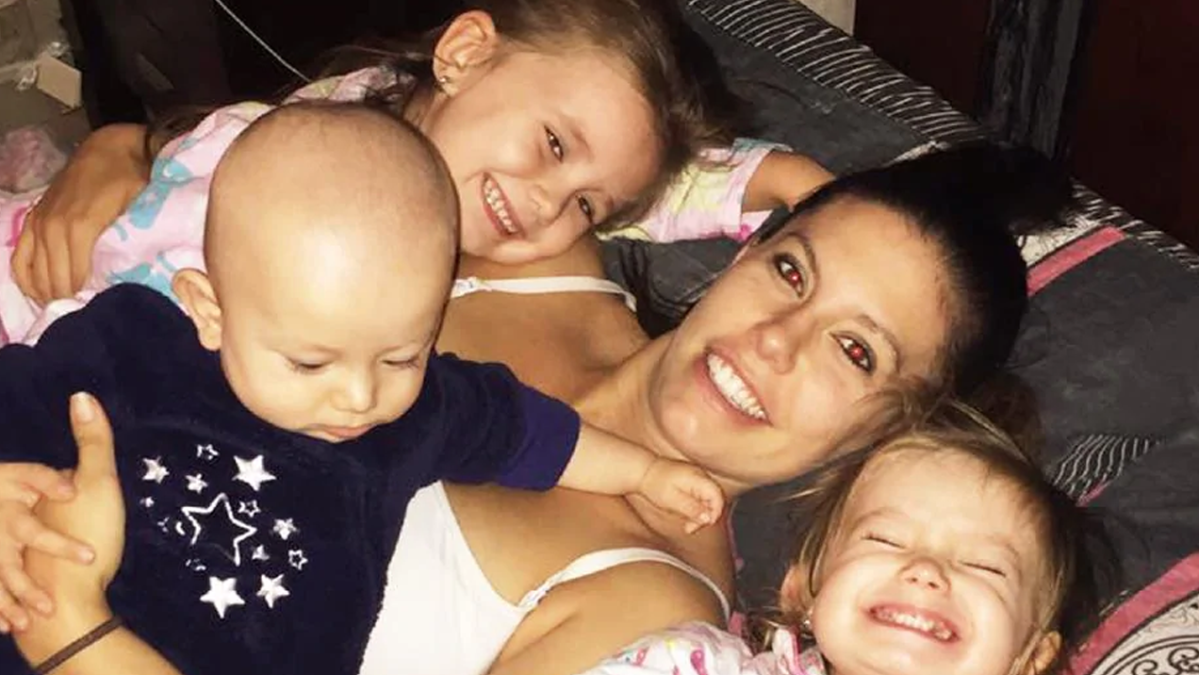
The Queensland Government have announced today that they will be appointing an independent taskforce to consult on legislation against coercive control, almost exactly one year after Hannah Clarke and her three children were murdered by her estranged husband following a pattern of manipulation and abuse.
The Government, under Labor’s Annastacia Palaszczuk, have confirmed that the taskforce will be chaired by Justice Margaret McMurdo and will recommend the best way to “legislate against coercive control as a form of domestic and family violence”.
BREAKING: The Palaszczuk Government will appoint an independent taskforce to consult on coercive control legislation. pic.twitter.com/JZLURzicAA
— Annastacia Palaszczuk (@AnnastaciaMP) February 16, 2021
It will be assembled by next month and is due to report in October, following consultation with survivors of domestic abuse, family and sexual violence service providers, legal experts, domestic and family violence experts and the wider community.
The Government explained that the legislation is intended to protect victims from perpetrators quickly.
“Coercive control, like other forms of domestic and family violence, needs to be everybody’s business. And every Queenslander has a role to play in ending it,” the Government statement said.
Coercive control refers to a series of abusive behaviours that are a non-physical form of domestic and family violence, designed to harm, punish or frighten a person, or to make them dependent on their partner.
Those behaviours can include deciding what their intimate partner wears, tracking their location, isolating people from their support networks, and persistent texting. These kinds of behaviours often lead to other forms of violence.
In England and Wales, the first countries in the world to criminalise coercive control in 2015, the definition includes psychological, physical, sexual, financial and emotional abuse, assault, threats, humiliation and intimidation, and can be either a singular act or a pattern of behaviour.
We’ve seen legislation against coercive control in places like the UK, and it’s important that we too have legislation in place to better protect victims. Later today, we’ll announce the appointment of an eminent person who will chair the taskforce.
— Annastacia Palaszczuk (@AnnastaciaMP) February 16, 2021
Hannah Clarke’s family have been campaigning for coercive control legislation since her death in February 2020, which the Palaszczuk Government promised to enact during last year’s election campaign.
Clarke’s parents, Lloyd and Sue, are among the people being consulted by the taskforce, according to the Government’s statement.
“We know coercive control is a significant risk factor for escalating violence and intimate partner homicide,” said Attorney-General Shannon Fentiman, the Minister for Justice, Women and the Prevention of Domestic and Family Violence.
She continued: “It is a strategic form of ongoing oppression used by perpetrators to instil fear, employing tactics like isolating women from their friends and family, and invasive surveillance.
“Addressing coercive control is therefore a challenging issue requiring a comprehensive approach.”
The Government’s plan will include a focus on training first responders and domestic and family violence case workers on coercive control, and will feature a community awareness campaign.
Tasmania has already outlawed certain aspects of coercive control: economic abuse, and emotional abuse and intimidation.
New South Wales has said it will establish a Parliamentary Joint Select Committee into the issue, after Labor presented a private member’s bill to Parliament in September 2020, dubbed Preethi’s law. The law is named for Preethi Reddy, who was murdered by her ex-boyfriend in March 2019.
Help is available.
If you require immediate assistance, please call 000.
If you’d like to speak to someone about domestic violence, please call the 1800 Respect hotline on 1800 737 732 or chat online.
Under 25? You can reach Kids Helpline at 1800 55 1800 or chat online.



